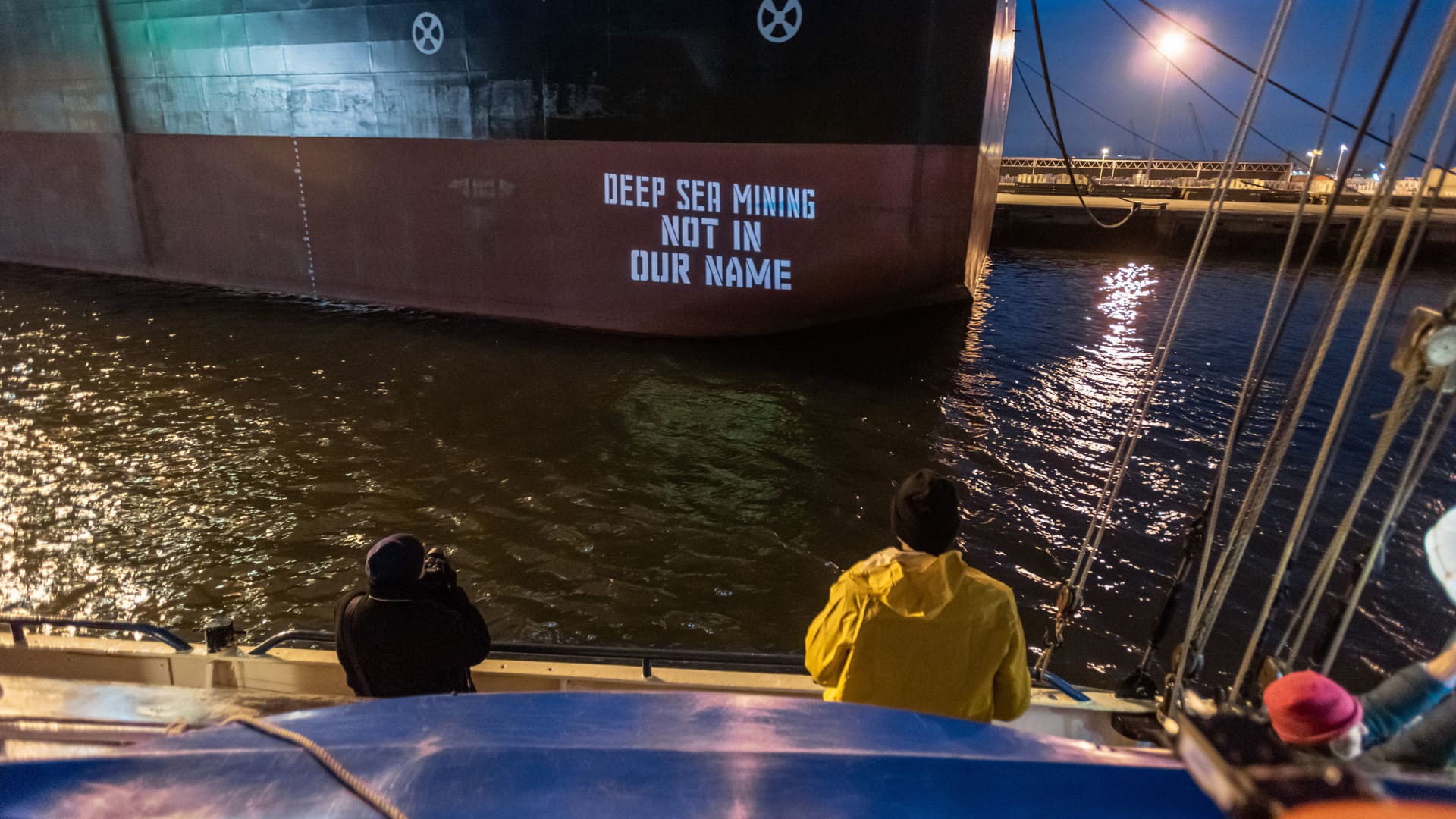Norway justifies its recent approval of deep-sea mining as an essential measure to challenge China and Russia’s dominance in rare earths.
The parliamentary vote, supported by various political parties, endorsed the government’s proposal to open a vast ocean area for commercial-scale deep-sea mining, making Norway the first country to move forward with seabed mineral extraction.
The government contends that this practice could contribute to the global shift away from fossil fuels, emphasizing the importance of all nations exploring sustainable methods for collecting metals and minerals.
Despite the government’s assertions, scientists express concerns about the uncertain environmental impacts of deep-sea mining. Environmental advocacy groups criticized the approval, labeling the process as “extremely destructive” and sending a negative signal to the world.
Anne-Sophie Roux, the Deep-sea Mining Europe lead at the Sustainable Ocean Alliance, emphasizes the need for exploration activities to focus on understanding the potential environmental threats rather than justifying a practice with anticipated vast negative impacts on marine life and the planet’s health.

Norway Upholds Deep-Sea Mining, Citing Potential to Challenge China and Russia’s Dominance in Rare Earths (Credits: NBC 5 Dallas)
The seabed contains crucial metals like cobalt, nickel, copper, and manganese, housed in potato-sized nodules, with applications ranging from electric vehicle batteries to renewable energy technologies.
With demand for these metals rising rapidly due to the clean energy transition, Norway aims to diversify the global supply chain production of minerals, currently heavily dependent on Russia and China.
Terje Aasland, Norwegian Energy Minister, states that the country has a reliable tradition of sustainable resource use on its continental shelf and is approaching seabed minerals step by step.
The International Energy Agency (IEA) warns that the current supply of critical minerals falls short of what is needed for the energy sector transformation, citing high geographical concentration in production. Most rare earth reserves are concentrated in China, leading Norway to pursue deep-sea mining to address supply chain vulnerabilities.
The recent parliamentary decision allows companies to apply for mining licenses in a vast area near the Svalbard archipelago, estimated to be larger than the U.K. The Norwegian government plans to evaluate license proposals on a case-by-case basis, delaying the actual extraction process.
Norway’s approval of deep-sea mining puts it at odds with the U.K. and the European Commission, both advocating for a temporary ban due to environmental concerns.
Aasland responds to criticism, emphasizing that the vote outcome will aid lawmakers in understanding whether seabed mineral exploration can be sustainable. However, Anne-Sophie Roux criticizes Norway’s decision, calling it irresponsible and claiming it undermines the country’s proclaimed role as a climate leader.
Despite concerns, Norway insists that no exploitation activity has begun, highlighting the significant knowledge gaps that must be filled before any mining activity is considered.
Maria Varteressian, deputy foreign minister of Norway, underscores the country’s commitment to being a sustainable ocean nation and considers seabed minerals as potential contributors to the energy transition. The key question, according to Varteressian, is not whether minerals are needed but whether they can be produced sustainably.






















